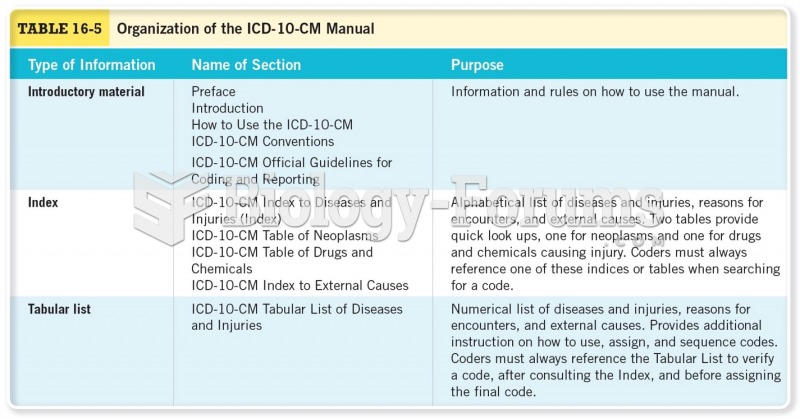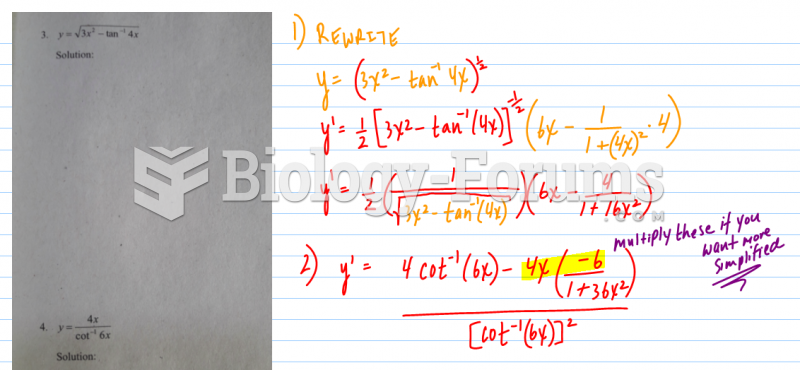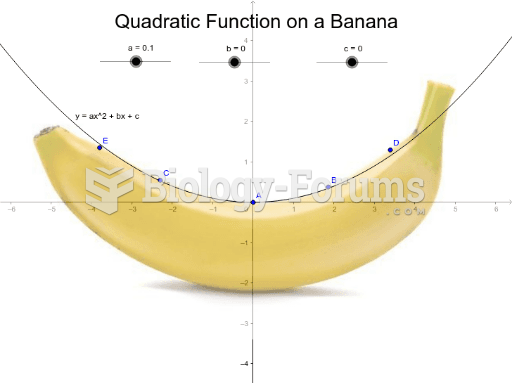Answer to Question 1
The clans, or tsu, that operate in Chinatown have their origins in the Chinese practice in which families with common ancestors unite. At first, immigrant Chinese continued to affiliate themselves with those sharing a family name, even if a blood relationship was absent. Social scientists agree that the influence of clans is declining as young Chinese become increasingly acculturated. The clans in the past provided mutual assistance, a function increasingly taken on by government agencies. The strength of the clans, although diminished today, still points to the extended family's important role for Chinese Americans. Social scientists have found parentchild relationships stronger and more harmonious than those among nonChinese Americans. Just as the clans have become less significant, however, so has the family structure changed. The differences between family life in Chinese and non-Chinese homes are narrowing with each new generation.
The benevolent associations, or hui kuan (or hui guan), help their members adjust to a new life. Rather than being organized along kinship ties like the clans, hui kuan membership is based on the person's district of origin in China. Besides extending help with adjustment, the hui kuan lend money to and settle disputes between their members. They have thereby exercised wide control over their members. The various hui kuan are traditionally, in turn, part of an unofficial government in each city called the Chinese Six Companies, a name later changed to the Chinese Consolidated Benevolent Association (CCBA). The president of the CCBA is sometimes called the mayor of a Chinatown. The CCBA often protects newly arrived immigrants from the effects of racism. The organization works actively to promote political involvement among Chinese Americans and to support the democracy movement within the People's Republic of China. Some members of the Chinese community have resented, and still resent, the CCBA's authoritarian ways and its attempt to speak as the sole voice of Chinatown.
Answer to Question 2
a







